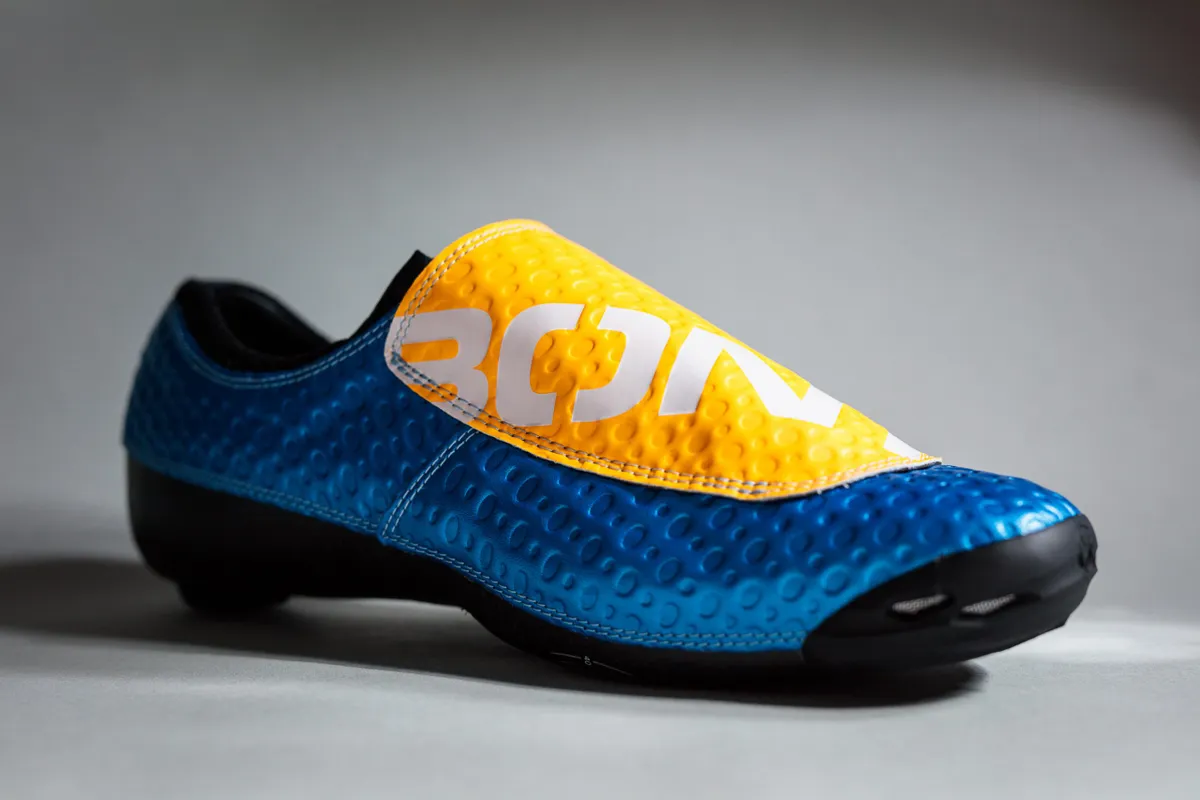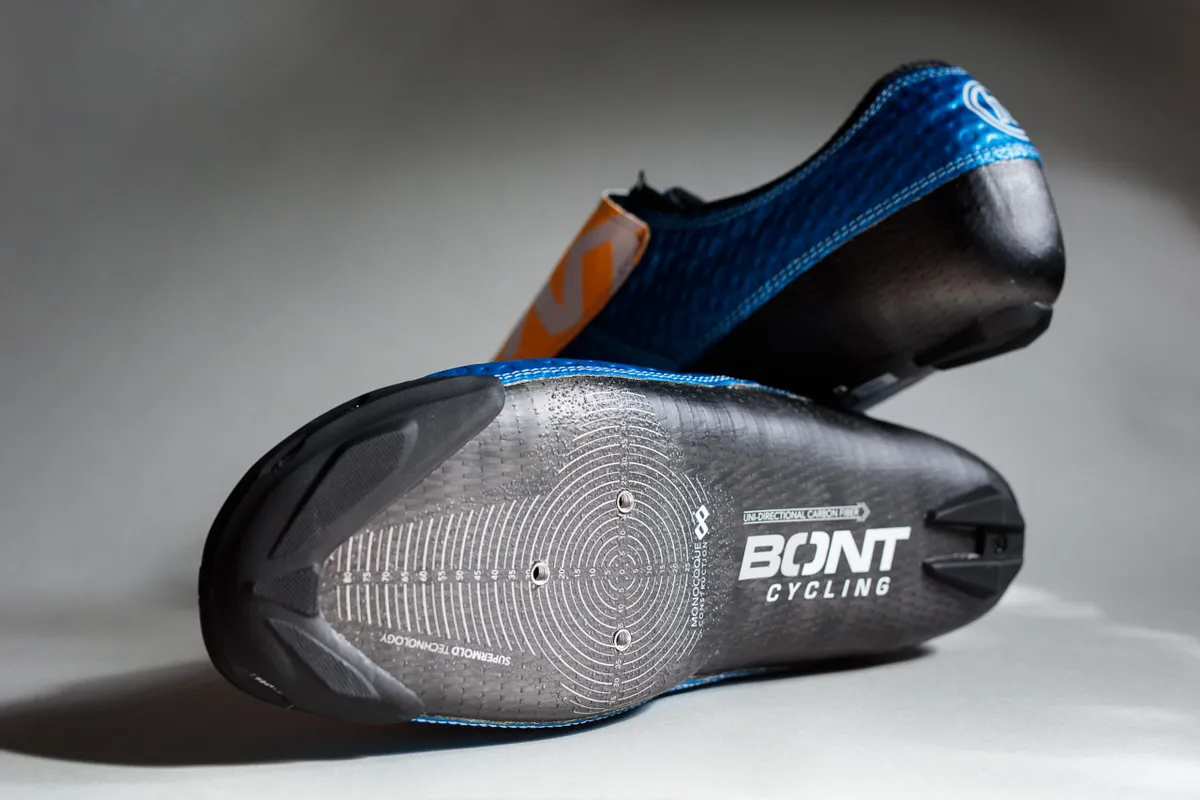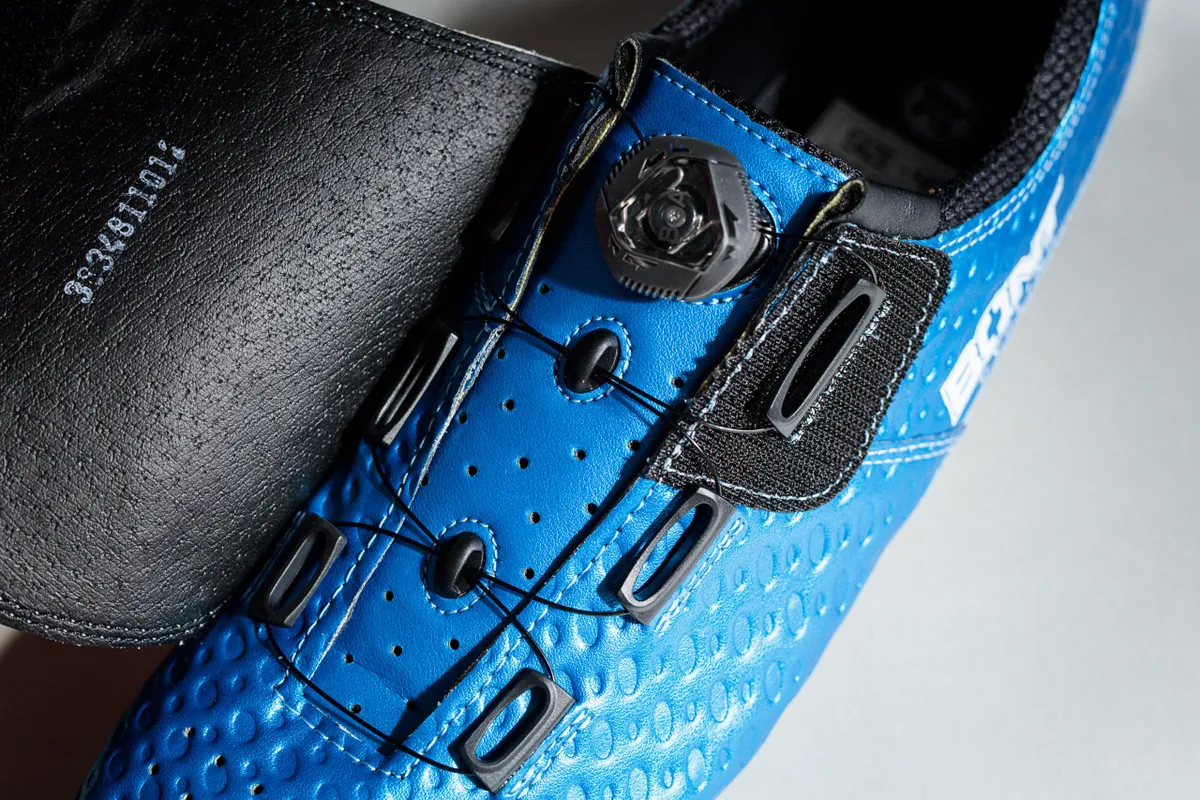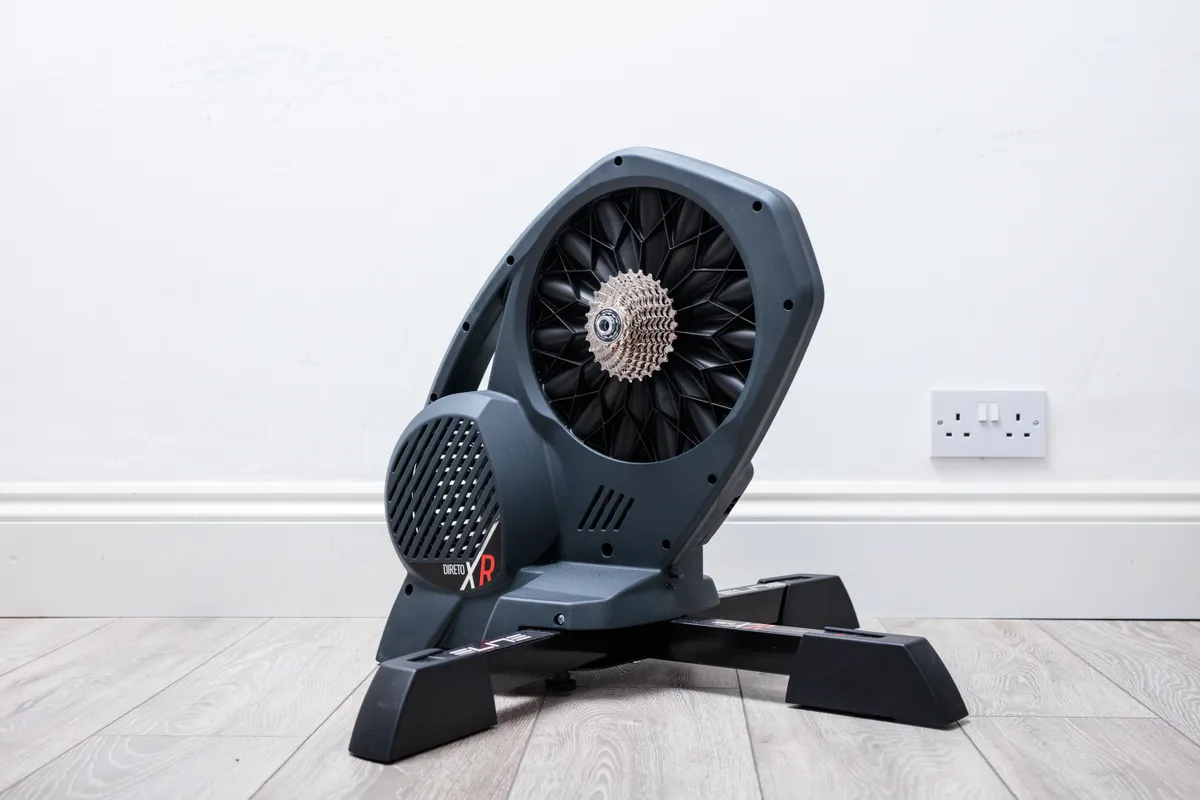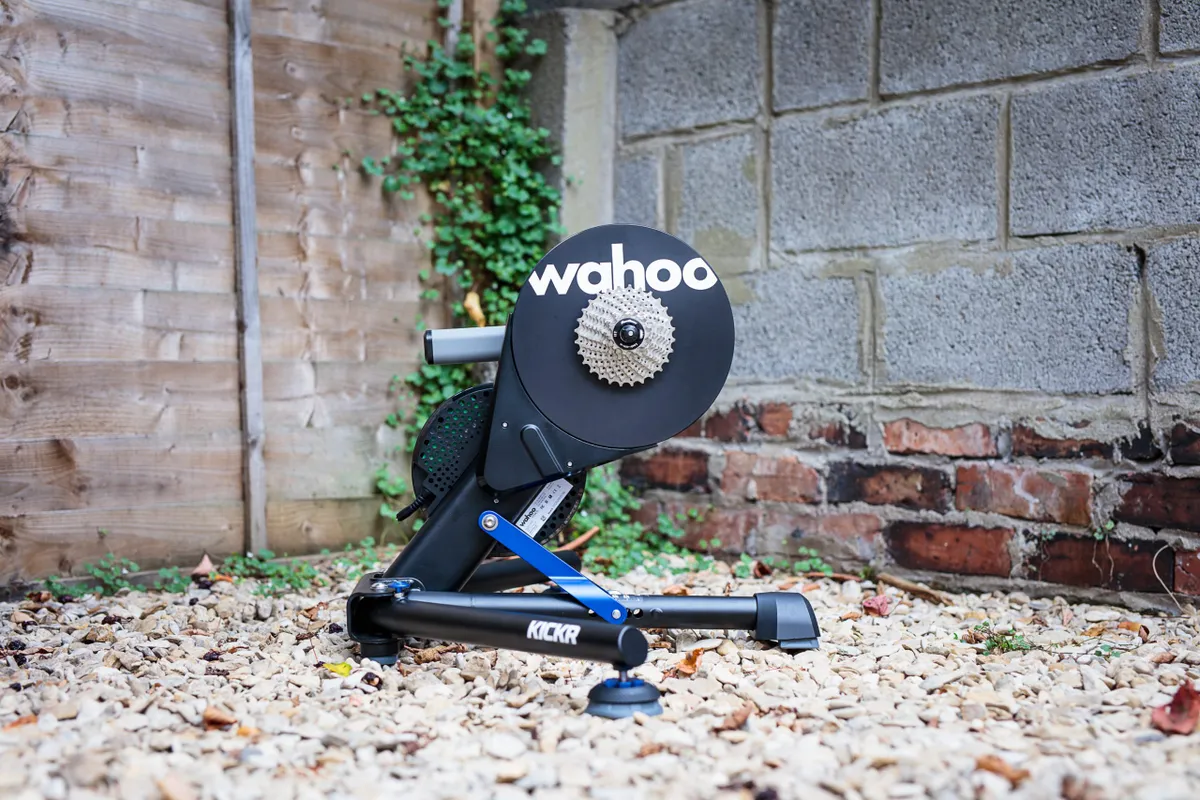Having had the pleasure of using a wide variety of bikes, bits and bobs during my first full year at BikeRadar, narrowing down this list to just five picks has been incredibly difficult.
There are so many things that could have made this list, and I’ve even been sneaky and put two things that fall into the same category under one heading.
Likewise, while I haven’t included it in my official list because I’ve had it for ages, my favourite bike of the year, for personal reasons, would be my Planet X Exocet II time-trial bike.
My 2020 cycling resolution was to get back into racing time trials, and despite everything, I managed it. Smashing around the Chew Valley Lake TT course in Somerset on summer evenings were some of the highlights of my year.
Now, in no particular order, on to my picks.
- See all of the BikeRadar team's Gear of the Year for 2020.
Favero Assioma Duo and Verve Infocrank power meters
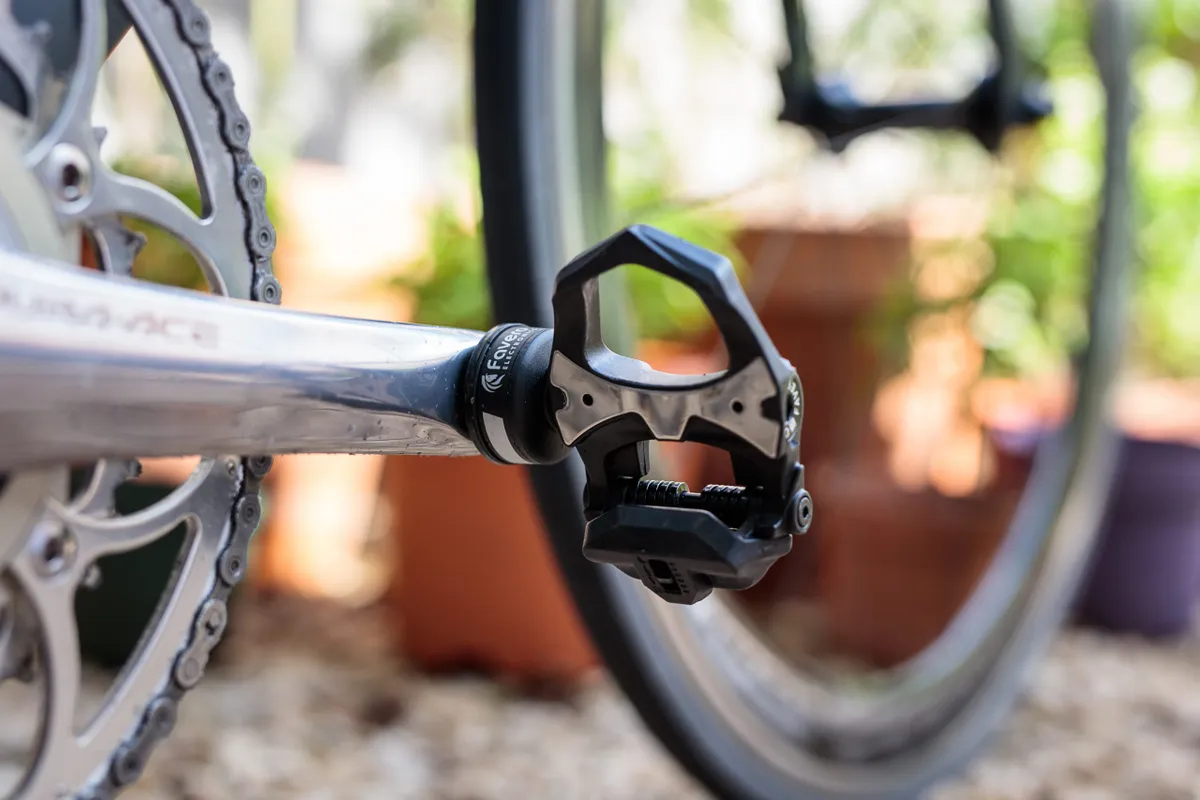
- Favero Assioma Duo: £639 / €695
- Verve Infocrank: £1,093.20 / €1,244
I’ve chosen two different power meters here because both have been absolutely invaluable to my job this year, especially when reviewing smart trainers and power meters.
The Favero Assioma Duo power meter pedals were sent in for review and I bought the Verve Infocrank second-hand for £350 on eBay.
Both are true dual-sided power meters and their accuracy, reliability and ease of use are exceptional. I’ve been constantly swapping them between bikes – an 8mm Allen key is all that’s needed for both power meters – and neither of them has put a foot wrong.
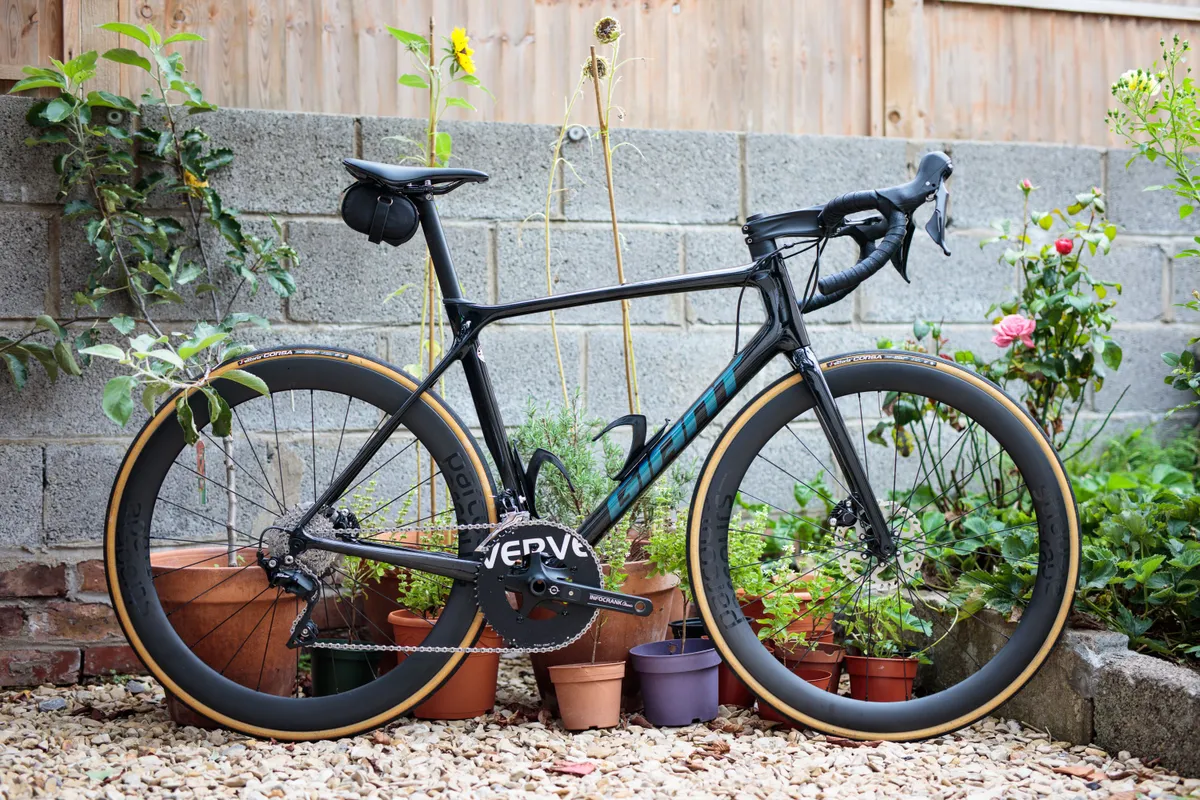
They also offer a range of in-depth metrics such as pedalling and torque analysis for more advanced users. Using these power meters revealed, for example, that I have a significant left / right leg imbalance, which is something I hope to address in 2021.
If I had to pick one, it would probably be the Favero pedals because they’re substantially cheaper if purchased at RRP, and they don’t tie you to a set crank length or bottom bracket standard. But, if you want a crank-based power meter, the Infocrank is an excellent choice.
Bont Zero+ semi-custom cycling shoes
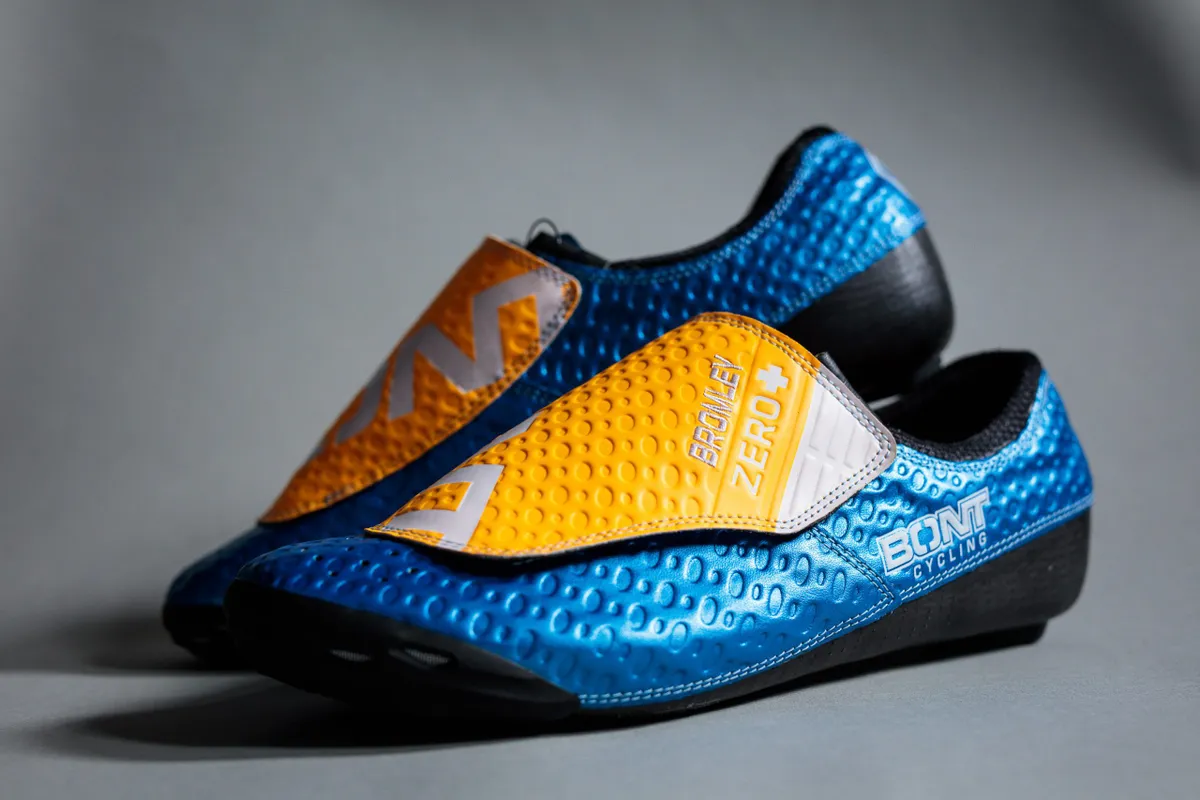
- £410 / €455 / $539 (semi-custom option)
I’ve been a fan of Bont cycling shoes for many years and 2020 has only reinforced that. Before I worked at BikeRadar I had owned three pairs, and though I’ve had a chance to try out a few more pairs of cycling shoes from different brands this year, nothing has knocked Bont off the top spot yet.
This particular pair was created as part of Bont’s semi-custom programme, which caters for customised colours and fit. Being the aero nerd that I am, I opted for the Zero+ model and chose BikeRadar colours to match our lovely team kit.
Their sublime stiffness and heat-mouldable fit makes for a level of comfort and performance that is a level above anything else I’ve tried.
This pair of shoes is, admittedly, not the cheapest cycling option on the market by a long stretch, and I have the good fortune of being sent these for ‘work’. However, Bont does make cheaper models – the Riot Buckle, which we rate highly, costs under £100, for example – and they don’t give up much in terms of performance.
Zwift
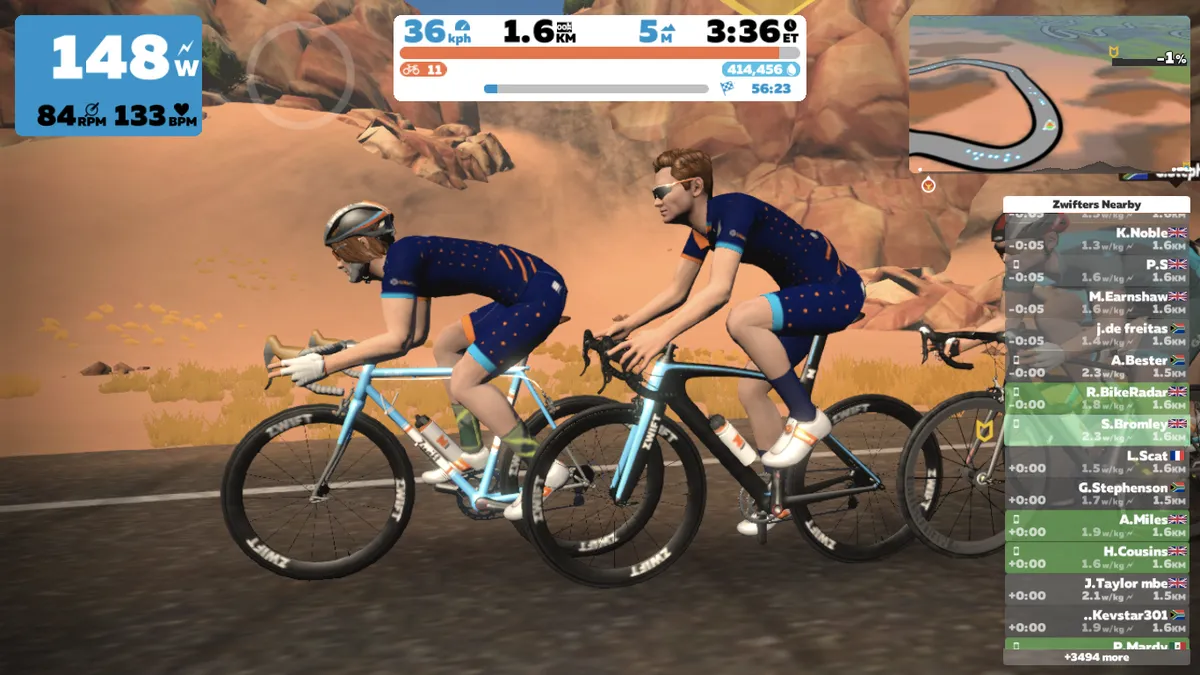
- £12.99 / $14.99 a month
I have to give Zwift and smart trainers some love this year because they truly were saviours during those early lockdown months.
Along with a few other members of the BikeRadar team, I spent many an hour doing Zwift meet ups, when social riding outside was suddenly out of the question.
Since then, it’s become a staple part of my training, even during the summer months. I was already a convert to the benefits of indoor training, but I was still surprised how much I enjoy using the platform.
Doing group rides, virtual mountain time trials and structured workouts has been genuinely good fun, and I think I’m faster for it.
Similarly, my experiences with the Elite Direto XR and Wahoo Kickr smart trainers were fantastic. They’re both great options for the dedicated indoor cyclist.
I know not everyone is convinced yet (hardy Scots like Jack Luke would still rather ride outside whatever the weather), but the enormous growth of platforms such as Zwift (and other indoor cycling apps) shows these things are here to stay and I, for one, welcome our new virtual overlords.
Giant Fleet SL saddle
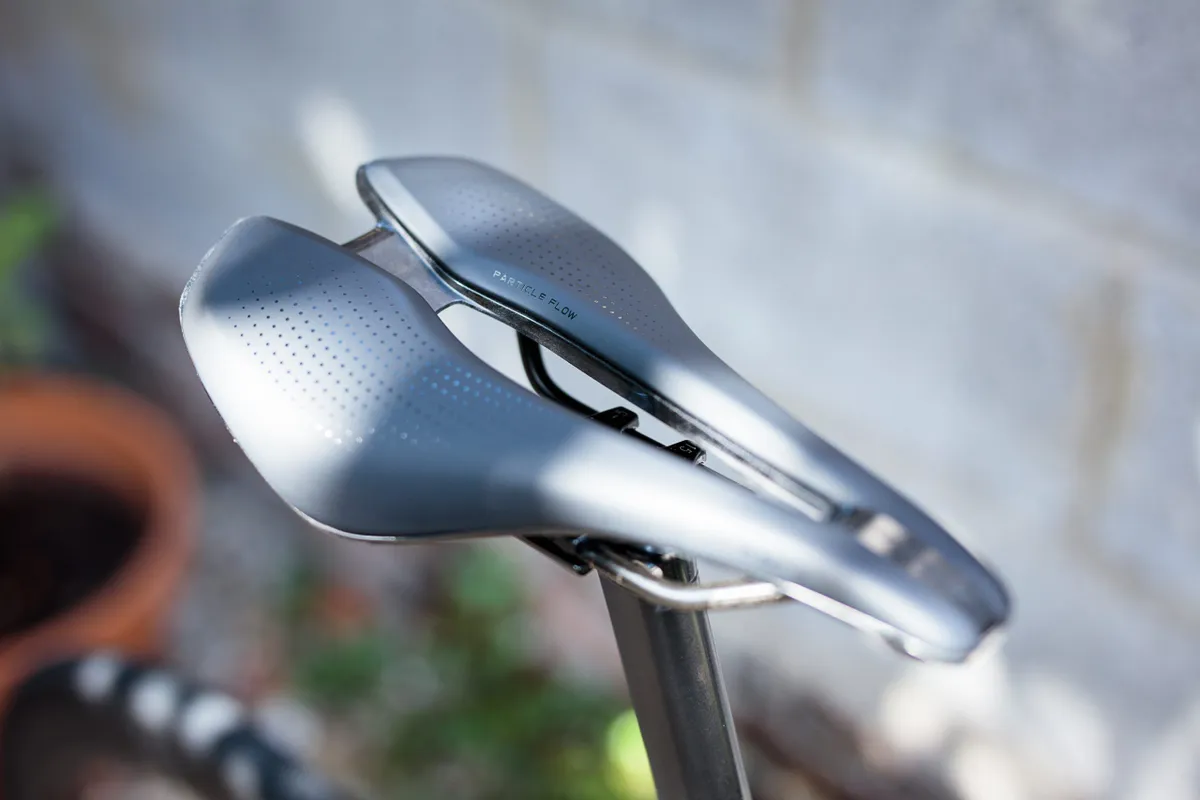
- £69.99
Giant’s new Fleet SL saddle came with my Giant TCR Advanced Pro 2 Disc long-term bike. Initially, I was unsure about it, given it was a bit of a change compared to my previous saddle of choice (the Specialized Romin), but it has quickly become a new favourite.
So much so that I’ve consistently swapped it onto other test bikes throughout the year (too many still come with relatively poor saddles – either in terms of quality or just in terms of their suitability for a particular type of bike).
Clearly inspired by the Specialized Power saddle, it’s similar in shape and performance to Giant’s top-of-the-range Cadex Boost saddle, with a short nose, a relatively wide rear and a generously sized cut-out to reduce soft tissue pressure.
The icing on the cake, though, is that it comes in at a much more affordable price of £69.99.
Quest 1.5-litre slow cooker
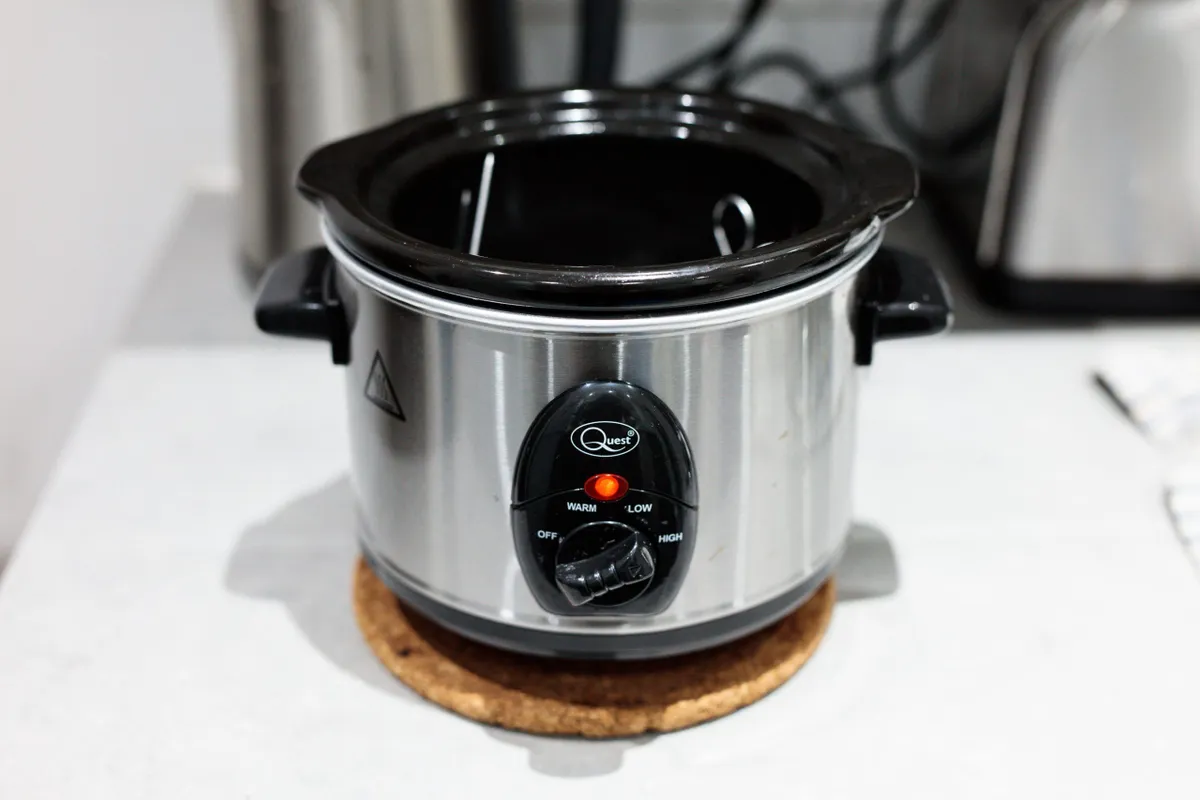
- £17.99
Early in 2020, having spent a lot of time reading about how many watts can be saved by good lubrication, I started a journey to reduce my drivetrain friction to an absolute minimum.
I’d always been into cooking and, thanks to an excellent article on drivetrain efficiency published by BikeRadar a few years ago, plus a few other online resources, the path was clear: I needed to get my hands on a slow cooker, plus a few ingredients.
As explained in our chain lube buyer’s guide, you take a meticulously clean chain and use a slow cooker to immerse it in a mixture of melted paraffin wax and other friction modifiers.
This cheap slow cooker, which I purchased from Amazon for just over £15, does the job perfectly. Its small size means you don’t need much wax to fully immerse a few chains, and it heats slowly enough that there’s never any danger of something going awry.
When the chain comes out, the wax dries to a solid layer of totally dry lubricant that’s both super slippery and very resistant to contamination. It’s genuinely wonderful, and my friends and colleagues will attest that I never shut up about it.
